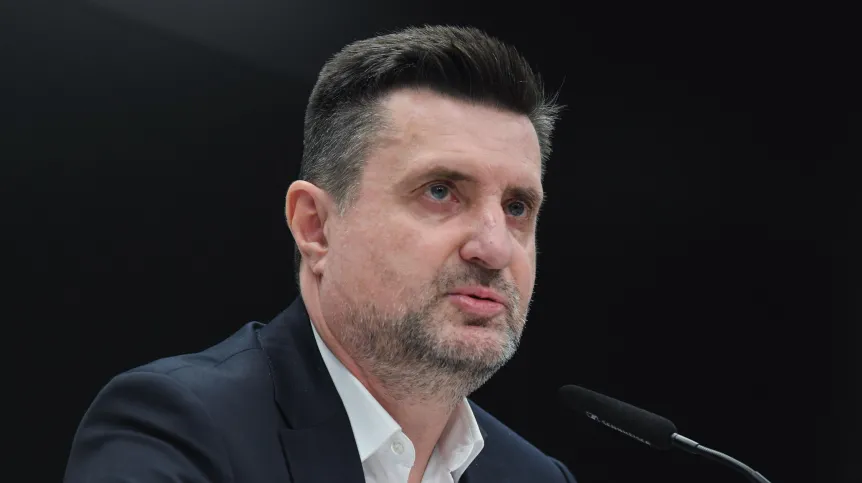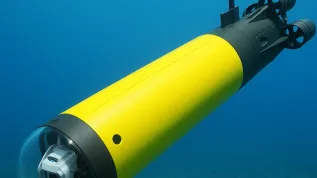
The director of the National Agency for the Erasmus+ programme and the European Solidarity Corps has said that there will be more money available for studying abroad.
He added that the increase for the Erasmus+ 2021-2027 programme, and the needs related to, came after it was recognised that there was a need for a more flexible approach to the topic.
Studies of Polish students abroad, studies of international students in Poland, exchange in this area, are among the elements of this programme.
The EU's Erasmus+ programme covers many different educational and training projects at many levels of education and more.
According to Dr. Paweł Poszytek, in the new financial perspective 2021-2027, the budget of the Erasmus+ programme for the whole of Europe will amount to EUR 28 billion; in the years 2014-2020 it was EUR 14.7 billion.
He said: “Only for this year, the budget (of the programme) in Poland is PLN 1 billion. In the following years, it will be PLN 1.5-2 billion, because we have to finish the perspective by a factor of two times compared to the 2014-2020 perspective. These are significant funds.”
He pointed out that so far, as part of the programme, several thousand students have been leaving Poland for other countries every year, and the same number is beginning to come to study in Poland each year.
He said: “A very good situation has developed that the number of incoming students is beginning to even out, and in some places, at some universities, it is even higher,” adding that this was a good trend as when the program started before Poland's accession to the EU, the ratio was 1:10.
Poszytek continued: “Over the twenty-odd years of the Erasmus+ programme in Poland, we have managed to achieve this balance.”
In his opinion, this is the effect of both the work of Polish universities that attract international students, and the image of Poland in the eyes of international students. He added that various European student associations had conducted research on this topic, and that Polish universities were among the most favourable ones for Erasmus students.
For example, Polish technical and medical universities are very popular among international students, while studies in such fields as law or humanities are much less popular.
Polish students most often go on Erasmus to Spain, Italy, Germany and Portugal. However, Poland is a popular destination for students from Portugal.
The programme implementers see that the changing needs of students and, consequently, flexible solutions are needed in terms of the time and formula of studies, as well as the place of their completion.
Poszytek said: “The situation is changing because, on the one hand, the programme has become common, we have a lot of funds, universities can send large numbers of students, but on the other hand, the rules of the game in the labour market have changed.”
“Currently many third or fourth year students started working in parallel with their studies, which is why, for example, going abroad for a semester started to be problematic.
“For them, it becomes more important to keep this job, an Erasmus semester would somehow prevent them from doing so. Work becomes more important than this international experience.”
He added that in connection with this situation, the implementers of the programme were informing universities that Erasmus trips could be carried out in a shorter formula.
He said: “It doesn't have to be the whole semester. These can be one or two weeks trips just to complete a short, very specific course and quickly learn something at a foreign partner university. Such courses would also be useful for young people to expand their qualifications and professional competence, while being consistent with the ideas of the programme. The course or training must be certified.”
He added: “Perhaps the home university would also consider it a part of its own course, and then the employer would treat it as a good item in the CV.”
(PAP)
PAP - Science in Poland, Izabela Próchnicka
kow/ mhr/ kap/
tr. RL













